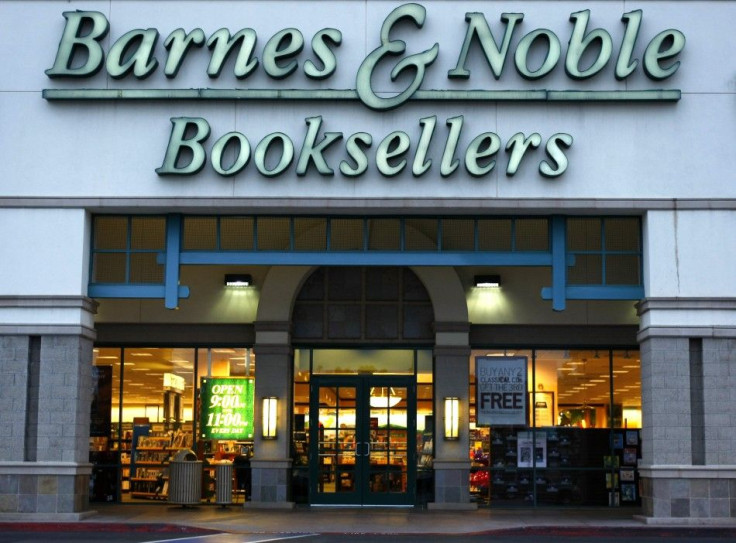BN is No Borders, As Future Remains for America's Largest Bookseller

Barnes & Noble, Inc. often gets an unfair rap. With the demise of Borders and the advancement of Amazon, it is easy to suggest that America's larget bookseller is ultimately doomed.
But BN (NYSE: BKS) is no Borders, once America's second largest bookseller that went bankrupt last year before closing for good.
Take the company's digital Nook products, for instance -- tablets and e-readers. BN has done well establishing a gadget presence in an increasingly e-book world. The recent Christmas sales season proved that Nook products are in demand from consumers, as holiday results for the company were up 70 percent from the previous year.
Its just that BN has a lot of cost in establishing the Nook in the e-reader and tablet space against competitor Amazon, which is completely comfortable selling its Kindle products at a loss or low margins to acquire the business. Its the same problem BN has had competing against Amazon in the sale of traditional books -- hardcovers and paperbacks.
BN has the touch-and-fell brick and mortar experience, while Amazon has free shipping, a bigger library and often more discount options. Sure, BN has performed respectably in establishing bn.com long before it was too late, and integrating that with its Nook products and e-books. But at the end of the day, BN's success will depend on whether its brick-and-mortar stores survive.
That's the one big advantage BN has over Amazon. It's practically the only advantage, in fact.
When BN announced Thursday the company is exploring options including a potential split of its Nook business from BN's physical stores the company's stock fell as much as 20 percent in the trading day. That's why BN CEO William Lynch took the offensive on Friday, appearing on CNBC to argue that the company has no plans of ending the relationship between Nook and bookstores.
Whatever we do, we will continue to have a tight relationship between the Nook and those stores, Lynch said. He also added that there will always be physical bookstores in the U.S. and that BN will be a key, profitable player.
BN's CEO is right about that, and investors agreed -- pushing up BN shares more than three percent in trading Friday before they pulled back a bit.
Simply, those who say the traditional bookstore in America will soon by a thing of the past are wrong. It won't be as it once was, with superstores sprinkled throughout metro areas with piles of books a dozen deep. But too many people want the traditional book experience for it to die. The e-book fills a need, but it is not a complete replacement.
Bookstores will be smaller, and less plentiful, but they will still be around. Ultimately, BN should emerge with a stronger presence wtih more refinement to the traditional bookstore model in coming years. Diversified inventory will reign instead of wall-to-wall books, and square footage may shrink. But now that Borders is gone and BN is the only reasonable national player besides a consortium of independent booksellers the company is likely to see its brick-and-mortar presence strengthen in the future, even.
Similary, the Nook may not ever beat the Kindle as a market leader, but it the brand and products have clearly been established as a keeper. In the tech gadget business, that says something.
Just ask HP about its TouchPad tablet which last only weeks before a sellout fire sale, or Research in Motion about its slow-selling PlayBook tablet that's caused deep inventory write-offs and price cuts.
BN has its challenges, like deciding how the money-eating Nook business can work with the company's traditional bookstore business in a way that works for shareholder benefit. But the company isn't going away anytime soon, as some will have you believe.
© Copyright IBTimes 2025. All rights reserved.





















